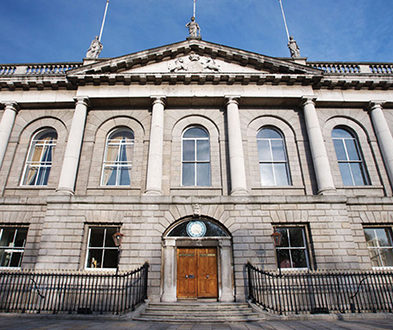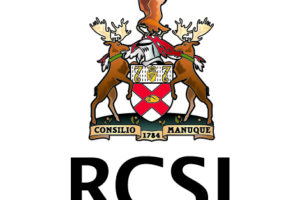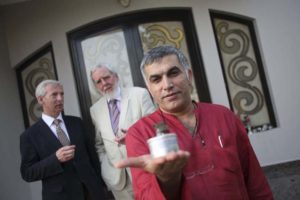A human rights NGO run by Irish lawyers has submitted to the United Nations Human Rights Council (UNHCR) that Ireland may be in breach of international law, owing to the Irish Medical Council’s (IMC) decision last December to grant RCSI-Medical University in Bahrain (RCSI-MUB) accreditation. This came amid alleged human rights abuses, including the torture of injured pro-demonstrators and medics who treated them, by the Gulf state’s ruling regime within the training hospitals it uses.
This followed the Global Legal Action Network’s (GLAN) uncovering of documents through the Freedom of Information Act detailing the IMC decision, which have revealed division on the endorsement among Council members.
The founder of GLAN (formerly known as Ceartas) Dr Gearóid Ó Cuinn said: “These [initially] omitted documents reveal a failure to factor serious human rights issues into the Medical Council’s approval of RCSI-Bahrain.
“Irish accreditation is not a technical process divorced from the fundamentals of medical ethics or basic rights; it is a tool for reform. Conditions ought to have been imposed by the Council to ensure compliance with Irish standards.”
Citing the published report on the accreditation visit, Kingram House last week highlighted that the Ceartas submission was one of the documents that was considered in the decision to certify both the programme and the institution.
“The Medical Council’s role involves setting and monitoring the standards of education at medical schools and is determined by legislation. Following an accreditation process (which has been externally reviewed and confirmed to be in line with international best practice), the programme of basic medical education delivered by RCSI-Bahrain was accredited last December.
“The Medical Council’s role involves decision making across a range of important matters, including doctors’ fitness to practise medicine, education and training and standards of practice. Discussion and debate is an important part of the Council’s decision making processes and it’s usual for a range of views to be expressed by the 25 members before the Council makes its decision collectively,” a spokesperson told IMT.
Approached for comment last week, Dr Ruairi Hanley, who voted against the accreditation decision, told IMT: “I regret that under the terms of the Medical Council code of conduct, as a member of Council I am not permitted to comment on any aspect of Council business, even when the information in question is in the public domain. I therefore cannot comment on this matter.”
lloyd.mudiwa@imt.ie
Read more: Lloyd Mudiwa — Behind the curtain of the accreditation process
 Irish Medical Times Medical News for Healthcare Professionals
Irish Medical Times Medical News for Healthcare Professionals






